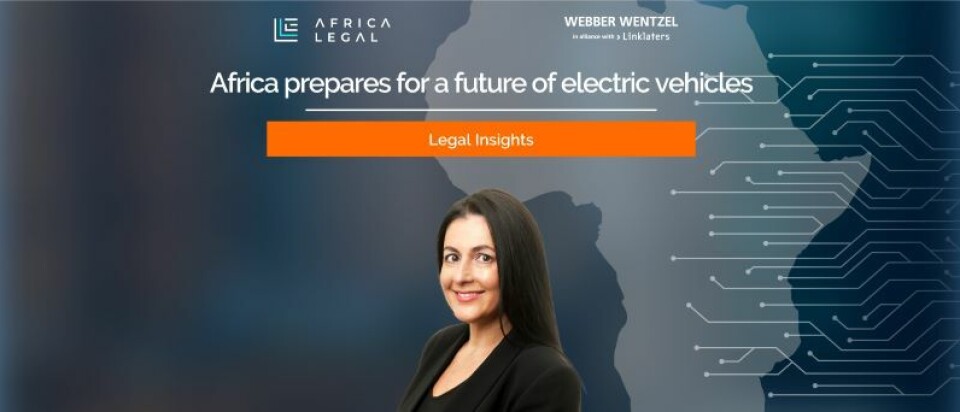South Africans who use minibus taxis or cars on congested motorways every day may find it hard to believe that an emobility revolution is about to happen, but the trends are moving in that direction.
Emobility refers to electric vehicles, ideally powered by renewable energy sources, which may range from two- and three-wheeled vehicles to cars and buses.
Some recent developments in South Africa (SA) are laying the foundation of the future emobility revolution which will help the country meet its carbon reduction commitments under the Paris Agreement. Promising moves include publication of the South African Renewable Energy Masterplan which embraces battery storage and renewable energy. We also understand that work is also underway on an Electric Vehicle (EV) Masterplan and a Critical Minerals Masterplan.
In the private sector, BMW announced in June 2023 that it would be manufacturing the BMW X3 as a plug-in hybrid for global export at its plant in Tshwane, SA. In the last couple of years, there has been a significant increase in the importation of electric and solar batteries into SA, as well as the growth of battery assembly in the country, especially in the Western Cape.
These local events are happening in parallel with Africa-wide initiatives:
-
The African Continental Free Trade Area Agreement (AfCFTA) has prioritised the automotive sector and transport/logistics value chains.
-
The African Association of Automotive Manufacturers (AAAM) is working with original equipment manufacturers (OEM) on a continent-wide strategy.
-
Afreximbank is supporting investments in the automotive and emobility/EV sector.
-
Certain African jurisdictions are incentivising electric vehicle and emobility development.
-
Rwanda has plans to phase in electric buses, cars, and motorcycles.
-
Kenya has established an Emobility Taskforce, whose main objective will be to develop a National Electric Mobility Policy covering all modes of transport and drive uptake of emobility.
-
Critical minerals and renewable energy are likely to become priority sectors across the continent. The market for lithium battery cells could be met through local manufacturing since African countries possess many of the necessary raw materials.
Initially, EVs are more likely to find traction in public transport and two- to three-wheelers before wide-scale adoption by the automotive sector. The evolution will be different in each African jurisdiction. For example, Kenya, Nigeria, and Uganda have more two- and three-wheelers than SA, so they are likely to prioritise electrification of those modes of transport. In South Africa, there may be greater potential in starting emobility in the public transport or delivery sector.
Africa urgently needs affordable and sustainable mobility solutions, and there is a real opportunity for SA to help lead the emobility revolution. South Africa has a mature automotive sector and it has signed various trade agreements that facilitate exports to Europe, such as the European Partnership Agreement (with SADC) and the African Growth and Opportunity Act (Agoa). In creating an EV export industry, South Africa can take advantage of AfCFTA’s rules of origin where, in relation to the automotive sector, 40% of local content from Africa is under discussion.
By developing a multi-faceted emobility manufacturing sector, South Africa would help to speed its own transition to a greener future and meet its climate change goals, promote industrialisation in line with Africa’s Agenda 2063, and create jobs.
As South Africa transitions away from internal combustion engine vehicles, it would be able to participate in other parts of the value chain beyond car manufacture. There is an opportunity to manufacture the cells or batteries needed for EVs, and battery factories can stimulate local and regional economic growth. Battery factories could help to develop skills in engineering and attract talent to different regions where manufacturing takes place.
There are, however, constraints on these plans. The most obvious in South Africa is the lack of access to uninterrupted energy sources. Another constraint is that it is difficult to raise seed capital for projects related to environmental, social and governance improvement. More funding is needed in South Africa to support innovative startups.
To join Africa Legal's mailing list please click here

